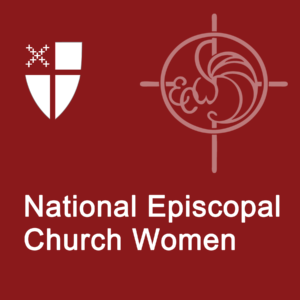 by Connie Sanchez – Province IX Representative, NECW
by Connie Sanchez – Province IX Representative, NECW
Building a well-balanced ethnic, inclusive, cultural and diverse community is a commitment that the Diocese of Honduras of the IX Province has proposed to carry out, it is an inescapable duty that as a Church we are called to do, however, it is a long process of education. Since in the first place we must understand that diversity and heterogeneity pose far-reaching demands within the pastoral framework we are currently carrying out especially with the black and indigenous communities (Maya Chortí and Lenca), both to preserve the sustainability of the Diocese, on the one hand, as if to respect its legitimacy before the community to which we belong, on the other.
This task is not easy, as demonstrated in practice in numerous companies in our country and in many congregations where there is discrimination, and it is further complicated due to the economic consequences of the current crisis we are experiencing as well as the lack of guidance and loss of values in society that highlight the lack of God’s love.
Therefore, in our Diocese educating for interculturality must be a commitment of all our schools, programs and social projects so that it is truly an inclusive education, this implies educating in respect of all identities and differences, contributing to the formation of citizens capable of integrating and fellowship, making God’s love visible among us. In the same way, our Diocese is committed to the formation of leadership and representing the main ethnic groups so that they provide social and cultural orientation without losing their own identity and their particularities since they are sometimes victims of insecurity and fear.
For an ecclesial community to be more just, inclusive and equitable, it would be necessary to include and accept people regardless of their ethnicity, or social and economic status, whether they are from the same country or from other cultures. In this way, we could build more inclusive, cultural and diverse ethnic communities well balanced with a sense of respect and justice for the different communities, which for many years have been discriminated against, for this we are leading our pastoral attention which will teach our people respect and the love of one another regardless of our ethnic and cultural differences in order to have more equitable and inclusive congregations, fuller of the love of God.
